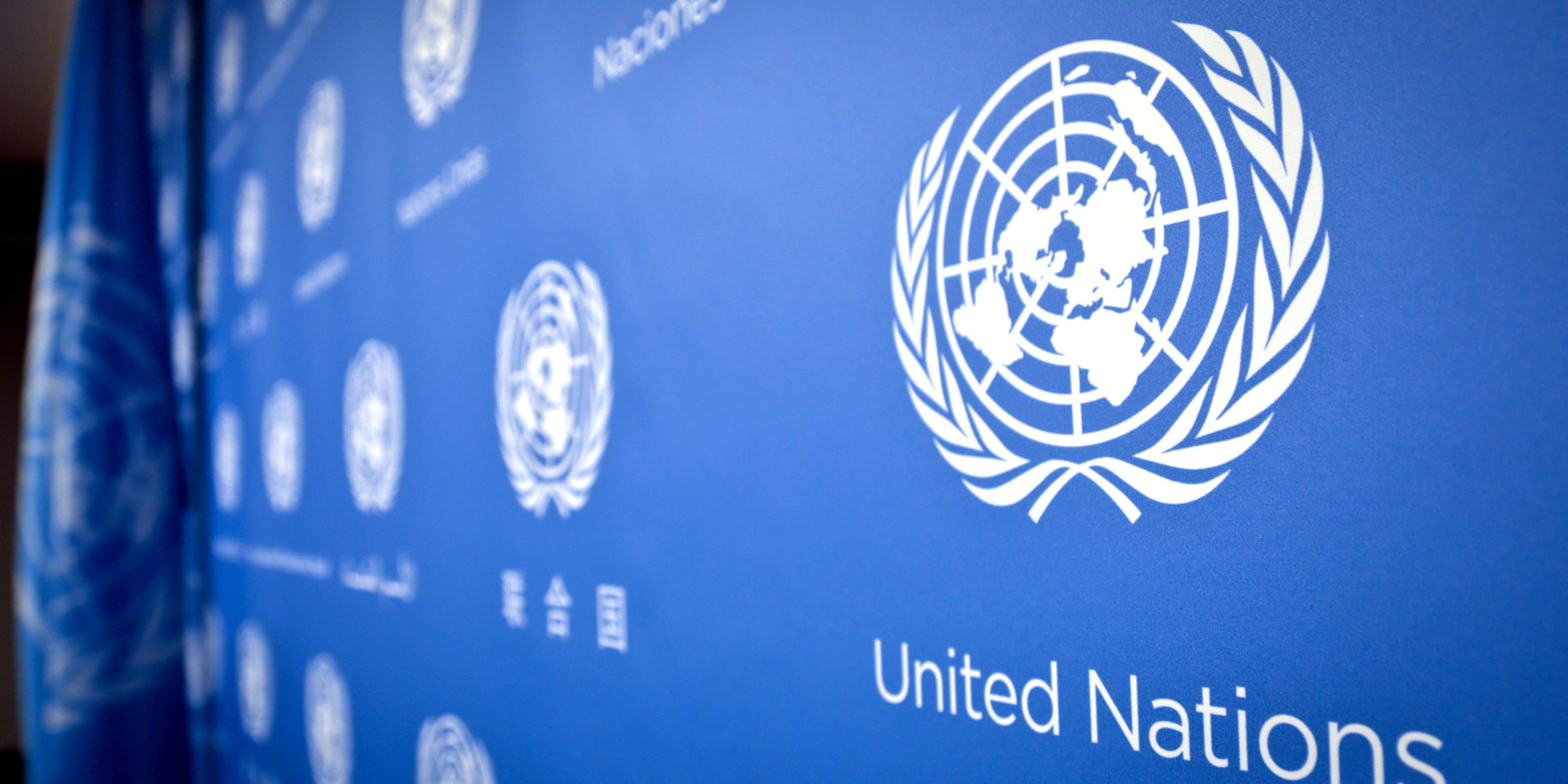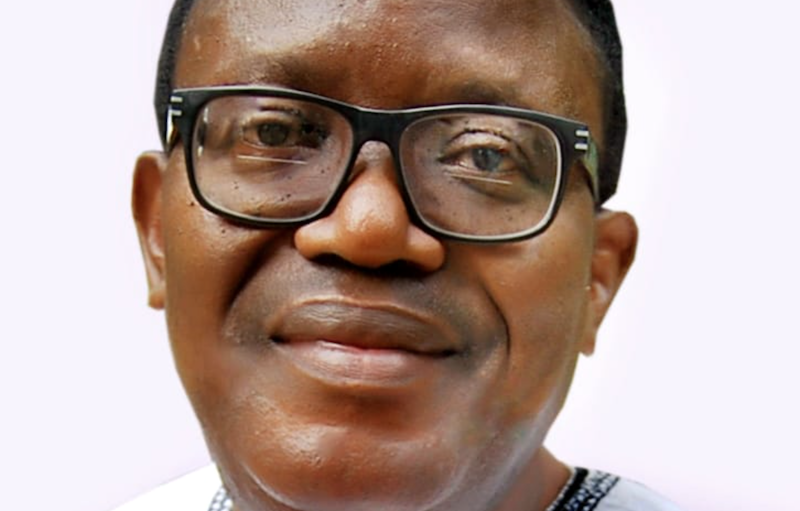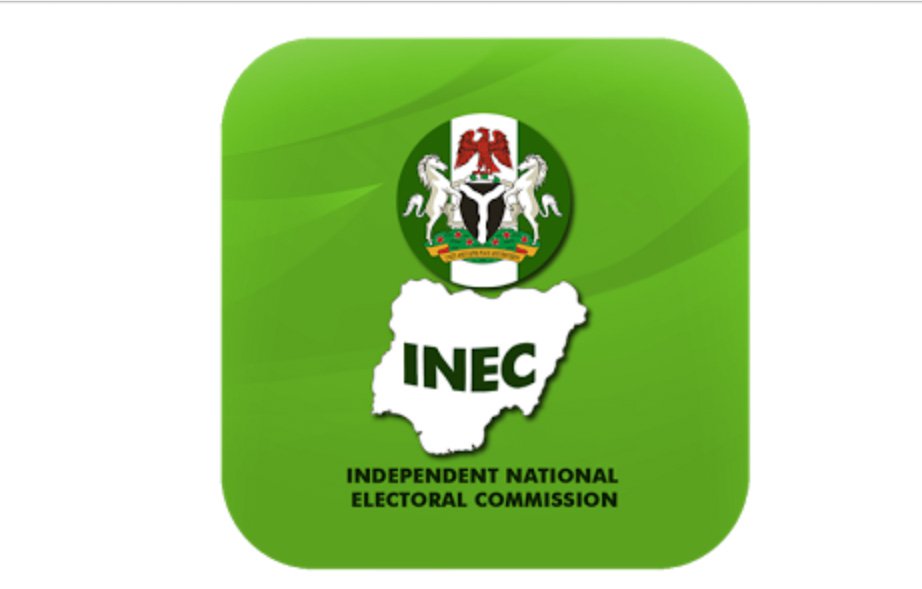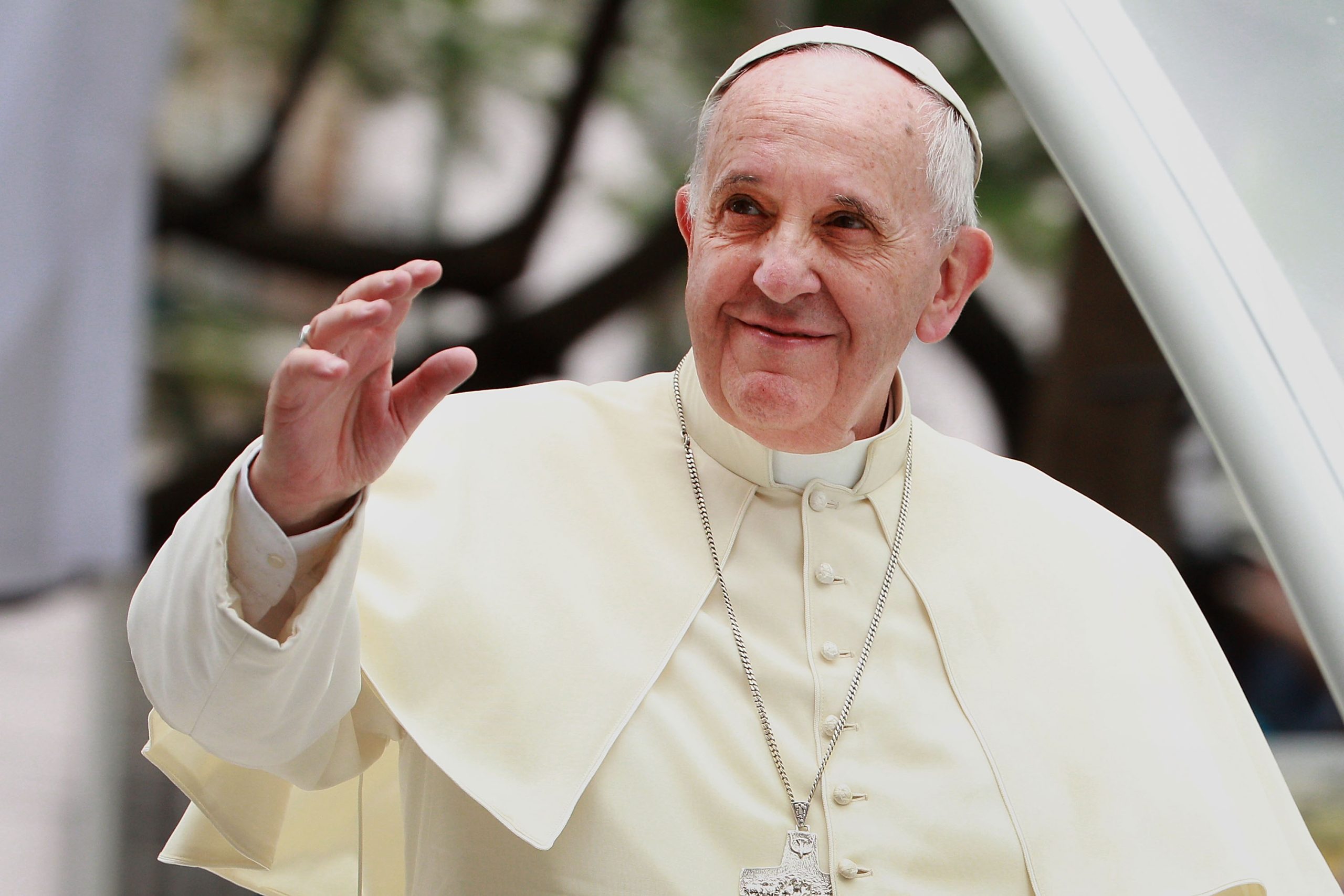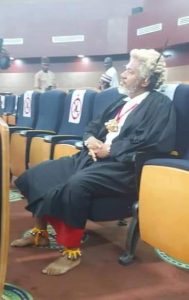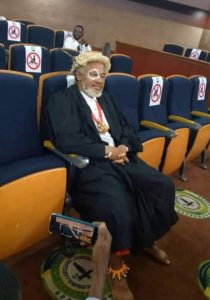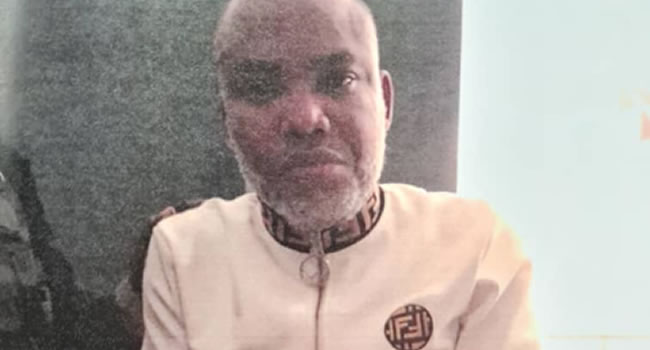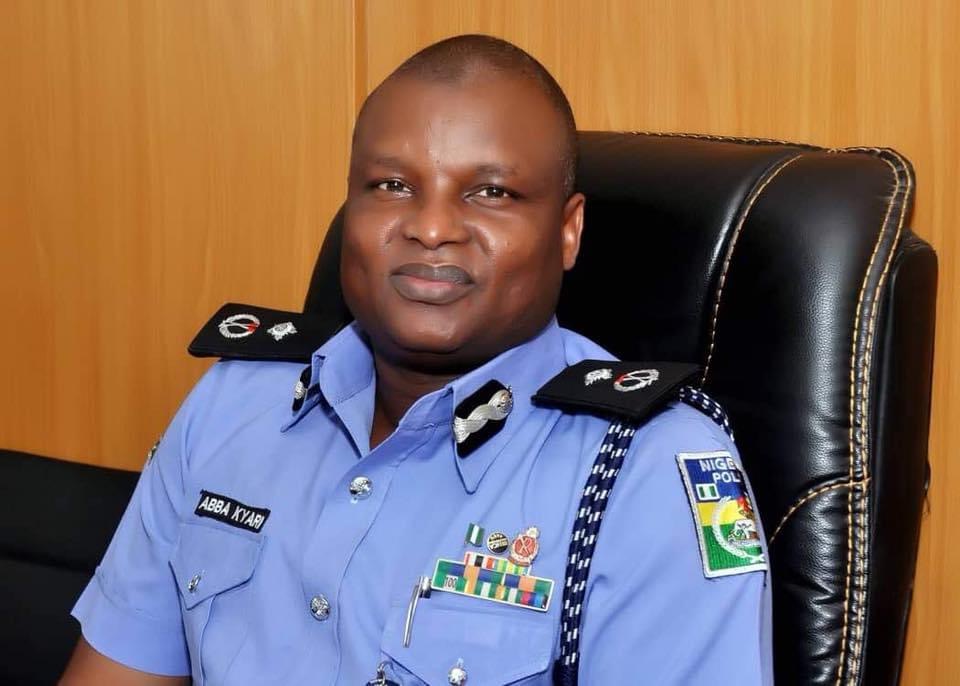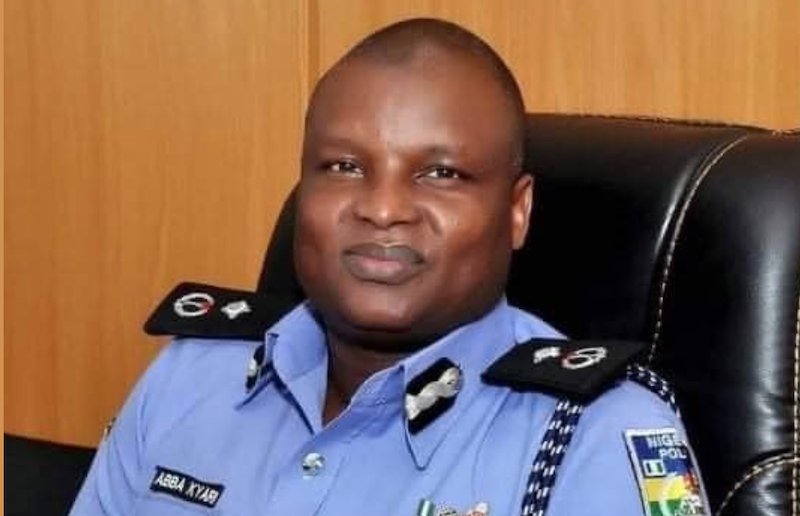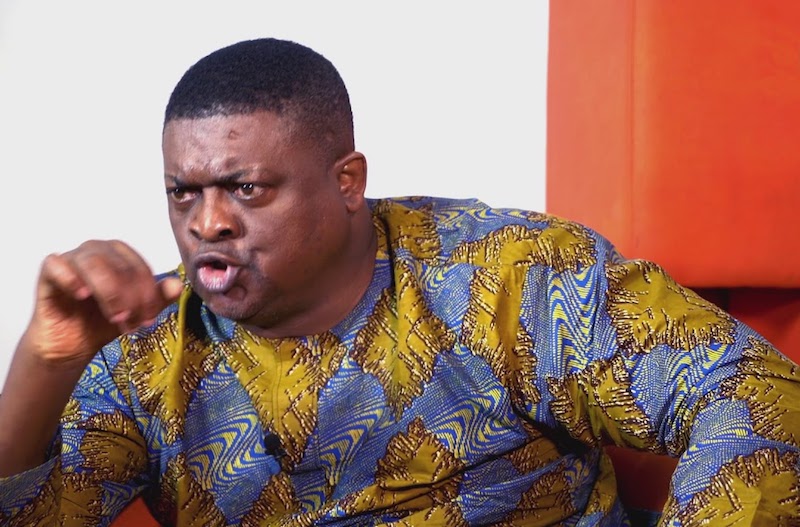By Debo Oladimeji
The UN Special Rapporteur has in expressed concern for the situation of human rights defenders in all countries, including both emerging democracies and countries with long-established democratic institutions, practices and traditions. Nevertheless, special emphasis has been placed on countries where: (a) internal armed conflict or severe civil unrest exists; (b) the legal and institutional protections and guarantees of human rights are not fully assured or do not exist at all.
A great many human rights defenders, in every region of the world, have been subject to violations of their human rights. They have been the target of executions, torture, beatings, arbitrary arrest and detention, death threats, harassment and defamation, as well as restrictions on their freedoms of movement, expression, association and assembly. Defenders have been the victims of false accusations and unfair trial and conviction. They are also targeted with acts of intimidation and reprisals for their cooperation with the United Nations on human rights issues.
Violations most commonly target either human rights defenders themselves or the organizations and mechanisms through which they work. Occasionally, violations target members of defenders’ families, as a means of applying pressure to the defender. Some human rights defenders are at greater risk because of the nature of the rights they seek to protect. Women human rights defenders might confront in addition risks that are gender-specific and require particular attention.
In most cases, acts committed against human rights defenders are in violation of both international and national law. In some countries, however, domestic legislation which itself contravenes international human rights law is used against defenders. Jurists, activists advocate stronger measures against rights violations
Nigeria’s most committed advocates for youths, women, and children are doing the work the state promises but too often postpones: keeping kids safe, demanding justice for survivors of abuse, and pushing back against exclusion. Yet these defenders are meeting a wall of intimidation—from mobs, from bad laws used badly, and from a reflex of official silence. The result is a chilling effect: fewer voices, fewer programs reaching vulnerable people, and a civic space that keeps shrinking when it should be widening.
Consider Dorothy Njemanze, a women’s rights activist who, with three others, won a landmark 2017 ECOWAS Court judgment after arbitrary arrests and abuse by authorities who profiled them as sex workers. The court found Nigeria violated their rights and ordered systemic fixes—training police, specialized units, and genuine enforcement. Nearly eight years on, the case still reads like a to-do list. Survivors continue to report harassment and impunity remains stubborn. When activists spend years relitigating settled principles, time and energy leak away from shelters, legal aid, and prevention.
Youth advocates who organized or documented police abuse during and after #EndSARS face surveillance, arrests, and smears. Rinu Oduala—one of the most visible organizers—has said plainly that lack of reform keeps young people afraid of extortion, torture, and extra-judicial killings. Fear doesn’t just silence dissent; it throttles youth-led civic projects and mentorship pipelines that should be flourishing in a country this young.
Frontline workers supporting women and girls in camps, schools, and communities regularly confront stigma and, at times, retaliation. Reports have documented sexual exploitation in displacement settings, and rights groups continue to flag weak protection systems. When authorities don’t move fast, activists become the first and last responders—without the legal backup or resourcing they need.
You can’t protect children if you muzzle the adults advocating for them. Nigeria’s civic space is officially rated “repressed,” with recurring crackdowns on protests and media, and misuse of laws like the Cybercrimes Act against critics. Every time a peaceful gathering is dispersed or a newsroom raided, community educators, child-protection monitors, and social workers receive the same message: keep it quiet.
Folashade Onoabhagbe, a lawyer, mediator, and child rights advocate, has also faced threats linked to her outspoken campaigns. Her work uses media to spotlight abuse, exploitation, and neglect, yet instead of institutional backing, she has encountered intimidation meant to silence her advocacy. Such threats don’t just endanger her personally—they shrink the already limited space available for child protection advocacy, leaving more Nigerian children without the supports they need.
The conviction of Mubarak Bala, head of the Humanist Association of Nigeria, and the sustained threats faced by non-conforming or minority-belief advocates illustrate how defending basic freedoms can put a target on your back—especially in regions where blasphemy accusations ignite mobs. This climate drives whole movements underground, where outreach to at-risk youths and families becomes harder and more dangerous.
Nigeria does not lack brave voices. It lacks a state willing to match that courage with protection, resources, and consistent rule of law. Until that changes, our activists—women like Dorothy Njemanze, youth like Rinu Oduala, child rights advocates like Folashade Onoabhagbe, and countless others—will keep spending their strength dodging threats instead of dismantling the inequalities that endanger youths, silence women, and imperil children. That is not just unsafe. It’s unambitious for a country with Nigeria’s talent and stakes.
Not all human rights work places human rights defenders at risk, and in some States defenders are generally well protected. However, the severity and scale of human rights violations against defenders and the need for recognition of their important contribution to the realization of human rights were one of the primary motivations behind the adoption of the Declaration on human rights defenders and the establishment of the mandate of the Special Rapporteur on the situation of Human Rights Defenders.
When asked about one legacy he would want to be remembered for in an April 2009 interview, which he granted The Guardian, former president, the late Musa Yar’Adua, said: “Frankly speaking, one thing, one legacy I would want to be remembered most for, and I know it is very, very difficult to achieve, but I am determined to achieve it, is the establishment of respect for the rule of law. Because all these problems this nation is facing, whether it is in the electoral process, the economy, corruption, or others, are as a result of disrespect for, or violations of the rule of law. So, restoring respect for the rule of law is honestly one thing I would want to be remembered for.”
The abuse and violation of the rule of law, which Yar’Adua talked about 14 years ago still looms as a spectre in the country till this day. Both state and non-state actors have, over the years, gone more brazen in their abuse of the rule of law, in addition to human rights violations.
The Federal Government’s apparent indifference to human rights and the rule of law perhaps compelled Amnesty International, Nigeria to express deep concerns about the human rights situation in the country, and the failure of Nigerian authorities to address current and past human rights violations.
However, some Nigerians agree that the consistent failure of Nigerian authorities to address current and past human rights violations is emboldening impunity.
This much was re-echoed by the Convener, Coalition of Human Rights Defenders (COHRD), Inibehe Effiong, when he said: “The human rights situation in Nigeria in the last year has been precarious, horrific, and horrendous. The Buhari regime in particular embarked on one of the most egregious slaughter of citizens. We have witnessed in the last year, repeated and flagrant disobedience to court orders, disregard for the rule of law, and disdain for human rights.
Effiong, a human rights lawyer and the Principal Counsel/Head of Chambers at Inibehe Effiong Chambers regretted that the Federal Government has failed to hold the military to account for bombing innocent citizens thereby encouraging impunity and unprofessionalism.
“The Federal Government over the years has demonstrated a lack of political will to hold the military accountable. Soldiers and military officers have operated with reckless impunity; they have also consistently shown contempt for the civilian population.
“In terms of military operations, there has been repeated disregard for rules of engagement. We have witnessed many attacks and bombing of civilian population without consequences and this has to stop if Nigeria is to be reckoned with,” he stated.
On how the embarrassing rights violation perpetrated by military and para-military affects the country’s reputation, Effiong said: “The abuse of citizens by military and para-military institutions has portrayed Nigeria as a lawless country. It has also created a hostile investment climate for potential investors. The brutalisation of citizens has also portrayed the country negatively before the international community, as no country will respect Nigeria or Nigerians when our law enforcement institutions do not show respect for citizens. It is therefore imperative for the government and the military authorities to begin to sanitise the horrible human rights record of the Armed Forces and para-military institutions.
Abasumo Ekong-Bassey, another legal practitioner agrees with Effiong that: “The seeming lack of response from the government may be traced to how the military is perceived in this clime; whatever infractions done by the military as an institution, or their personnel is usually handled outside the public purview. The unfortunate bombing of innocent civilians is a sad commentary on the professionalism of our ministry. It is scandalous to even note that this incident was not an isolated one. In saner climes, a top military chief, or a group of such chiefs would have tendered apologies and resigned! There are certain things in the public arena which should not be swept under the carpet.”
Effiong, therefore regretted that the Federal Government failed to take advantage of the #EndSARS protest to right many wrongs in the NPF, stressing: “The EndSARS protest offered the country a historic opportunity to redeem itself, reform the police, and entrench a civilised culture of policing. But quite tragically, the Buhari regime played unholy politics with the legitimate demands of the #EndSARS protesters. It is alarming that despite the 2020 protest, police officers and the police institution remain terribly corrupt and continue to engage in constant extra-judicial conduct, extortion, and unprofessionalism.
On his part, Ekong-Bassey believes that the government’s failure to address rights violations “seriously emboldens impunity, and it goes beyond what is happening in h certainly a very real possibility of a repeat. Nigeria has glossed over impunity for years and the consequences are now with us. several unsolved assassinations (including a former attorney general), the bombing of a renowned editor, the kidnapping of schoolchildren, and the list goes on. If there is no serious action to curb these menaces, then others feel emboldened to not only do more but improve on the methodologies.”
Even though Ekong-Bassey says that the idea of state-endorsed rights abuse “is a bit far-fetched in Nigeria,” he, however, added that “ordinary Nigerians see pronouncements from our highest courts as situations of rights abuses. From Kano to Plateau and many other elective positions, there is a pall in the confidence level that Nigerians have in their government. A major intervention in the judicial sector is needed to signal some hope in the people. The opposite is total despondency, anarchy, and distrust.
“Whilst traditional concepts of human rights are still a far cry for the government, there is almost total stagnation in other areas including rights to education, power supply, job availability, clean water, adequate health care, a sound economy, etc. Kidnapping, banditry, poor economic management, and many more are activities that the government has yet to tackle. The present government, despite the goodwill which it came to power with, is yet to tackle these issues seven months after they assume power,” he added.

